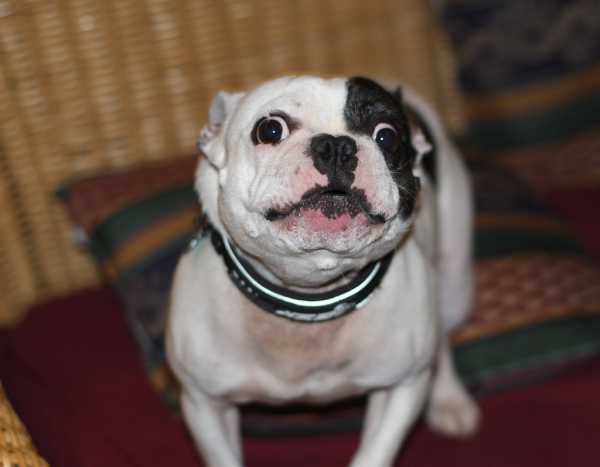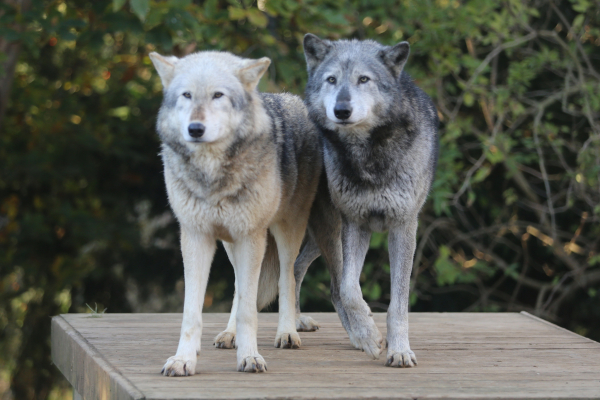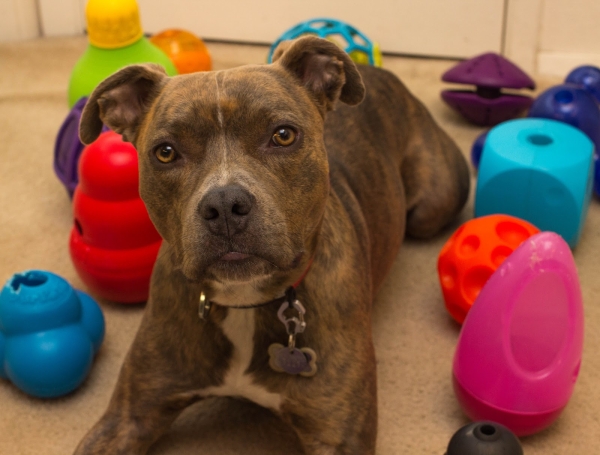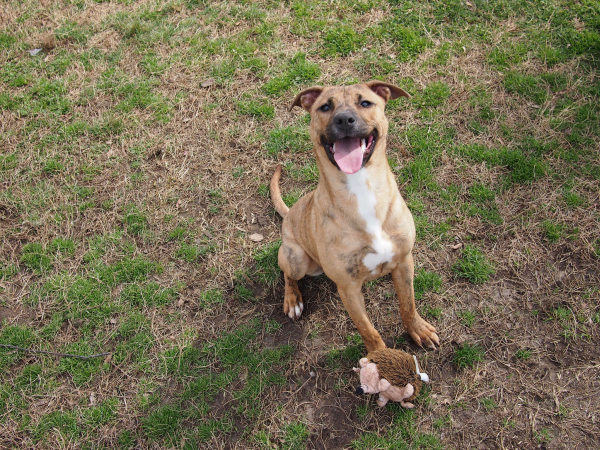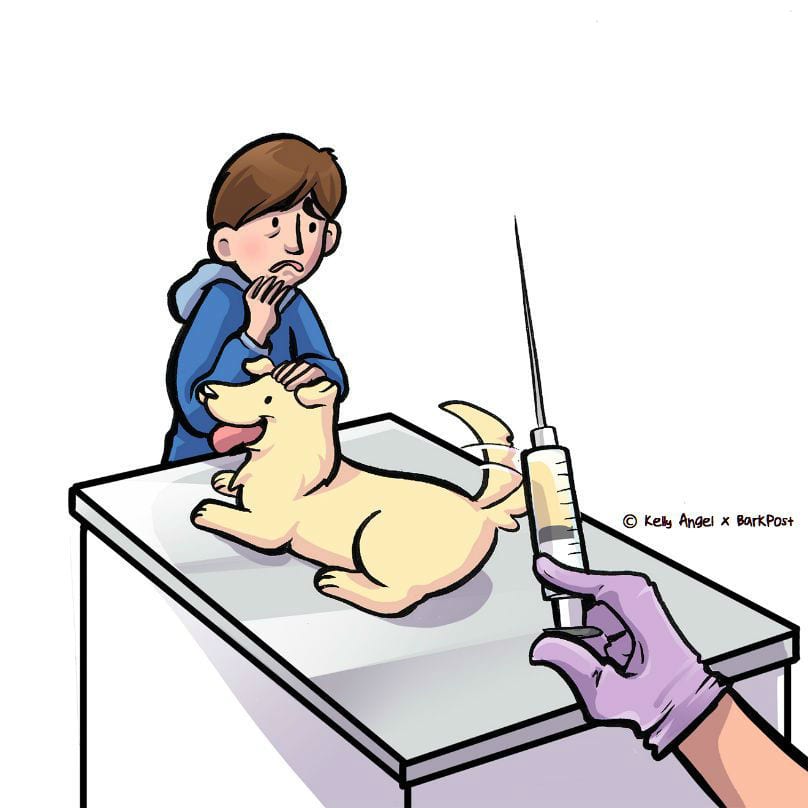Have you ever played the cruel but amusing game with your dog where you hide their favorite toy beneath an opaque container? Come on. You can admit it. It’s basically just playing “peekaboo” with your pup.
Some dogs instantly catch on and attempt to retrieve their toy while others stare in baffled amazement or give up and walk away. Your pup’s reaction to this simple test may be an indication of their intelligence or their level of dependence on you.
“Object permanence” is a fancy science term describing the ability to understand that an object still exists eve if it can’t be observed (seen, touched, smelled, heard). Studies have proven that dogs are fairly proficient at object permanence. They perform at a lower level than humans, primates, crows and magpies, but a higher level than wolves or cats. So the question is, does object permanence truly measure cognitive ability, or is it just another skill developed in different species as needed for survival?
A Hungarian research team conducted a study in which they measured the abilities of children, domestic dogs and wolves to learn from their mistakes when searching for objects. The children and domestic dogs consistently followed verbal and gestural cues from the researchers, whereas wolves did not. Although the dogs outperformed the wolves, they had better results in finding the objects without the human cues.
The likely reason for these findings is that children and dogs are inclined to follow the instructions of adult humans for better or worse based on their prior positive social experiences. Wolves, being naturally mistrustful of humans, ignored the cues.
Dr. Holly Miller of the University of Kentucky conducted a 2009 study to find out if dogs’ success at finding hidden objects were impaired by different obstacles.
She found that their performance was impeded by three interferences: the length of time between the hiding of the object and the dog being allowed to search, the position of the object, and the use of verbal and gestural cues as distractions. Despite this, the dogs showed at least rudimentary object permanence. A few of the dogs were able to consistently perform despite any of the three distractions attempted. Dr. Miller considered this “true object permanence.”


Much like the study conducted at Oregon State by Dr. Monique Udell, these results show that dogs have become quite dependent on the aid of humans, a condition known as “learned helplessness.” This may not seem like such a big deal since we are usually there to lend a helping paw to our pups, but researchers warn that this lack of independent problem solving skills can negatively impact our pets.
Poor object permanence skills can lead to heightened confusion, fear and separation anxiety. These dogs may be more prone to aggression and other negative behaviors when they find themselves in a new situation (like a visit to the kennel) without us there to provide support.
These studies have revealed a strange dichotomy in our dogs. On one hand they are capable of independent problem solving and cognitive skills; on the other, these skills rapidly diminish when they become accustomed to human care and support. Encouraging your dog to seek out hidden objects during play, or investing in specialized cognitive dog toys can help keep his skills sharp. You never know when he may need them to get through a stressful situation or find his way home when lost.
h/t to pets.thenest.com
Featured image via @kikitherottie

